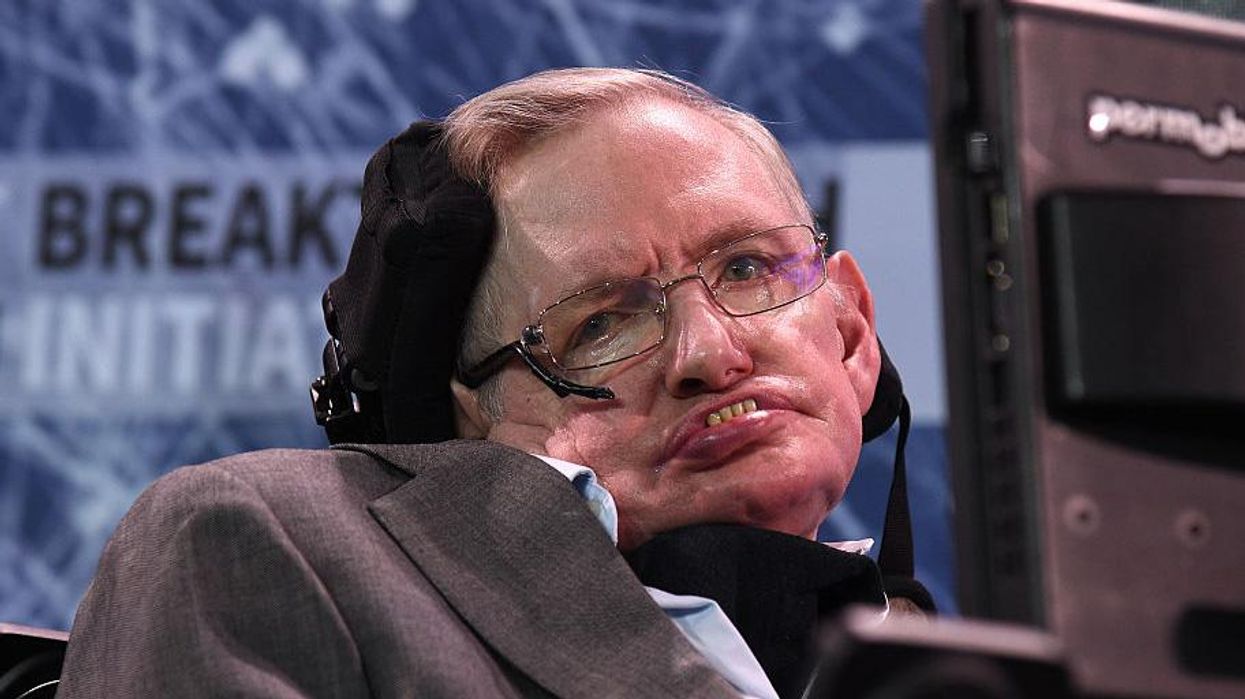News
Greg Evans
Jan 08, 2018

Picture:
Bryan Bedder/Getty Images for Breakthrough Prize Foundation
Today we can say "Happy Birthday" to the man with one of the greatest minds of his generation; Mr Stephen William Hawking.
The English theoretical physicist, cosmologist and author is regarded as one of the greatest scientists and his work has influenced the teachings of general relativity and quantum mechanics.
Since 1963, Hawking has been suffering from a form motor neurone disease known as amyotrophic lateral sclerosis, or ALS for short.
At the time doctors gave him just two years to live.
The disease kills most of its victims within the first five years but he has defied the odds of doctors and has continued to survive for more than 50 years.
This could have been a very different situation.
In 1985 his then-wife refused doctors' query of whether to turn off his life support machine when he was struck down with pneumonia.
Hawking was in a drug-induced coma in a Geneva hospital at the time. In the 2013 documentary Hawking, he said:
The doctors thought I was so far gone that they offered Jane to turn off the machine.
Jane refused to turn it off. She insisted I be flown back to Cambridge.
The weeks of intensive care which followed were the darkest of my life.
The disease has left him unable to speak and in need of constant care but this hasn't prevented him from continuing his work in science.
In 1988 he released his book A Brief History of Time, which has since sold 10 million copies worldwide and he continues to give speeches and lectures all over the world.
He has also become a role model for disabled people all around the globe - he spoke at the opening ceremony of the 2012 Paralympic Games in London.
Furthermore, his disability has given him a new sense of purpose and lust for life.
In the aforementioned documentary he said:
Because every day could be my last, I have a desire to make the most of every single minute.
It should be noted that Hawking's case seems to be the exception to the rule when it comes to this disease.
Hawking was 21 when he was diagnosed and was not expected to see his 25th birthday, let alone his 76th.
One explanation was offered by Leo McCluskey, an associate professor of neurology and medical director of the ALS Centre at the University of Pennsylvania.
He told Scientific American:
One thing that is highlighted by this man's course is that this is an incredibly variable disorder in many ways. On average people live two to three years after diagnosis.
But that means that half the people live longer, and there are people who live for a long, long time.
Life expectancy turns on two things: the motor neurons running the diaphragm—the breathing muscles.
So the common way people die is of respiratory failure.
And the other thing is the deterioration of swallowing muscles, and that can lead to malnutrition and dehydration.
If you don't have these two things, you could potentially live for a long time—even though you're getting worse. What's happened to him is just astounding. He's certainly an outlier.
HT Telegraph
More: Stephen Hawking says 'people who boast about their IQ are losers'
Top 100
The Conversation (0)













